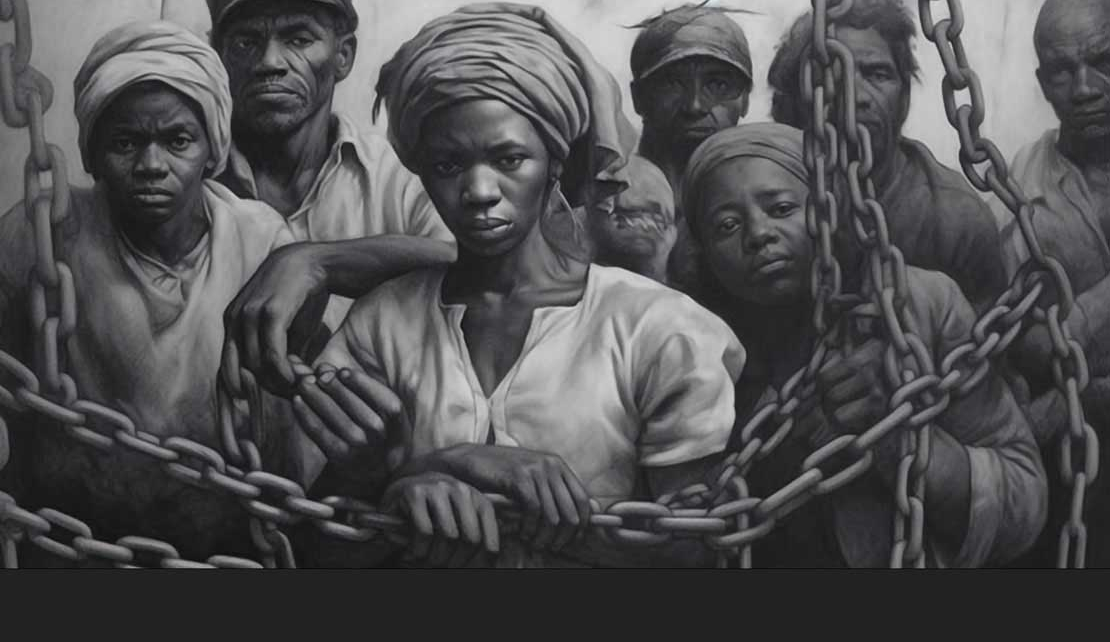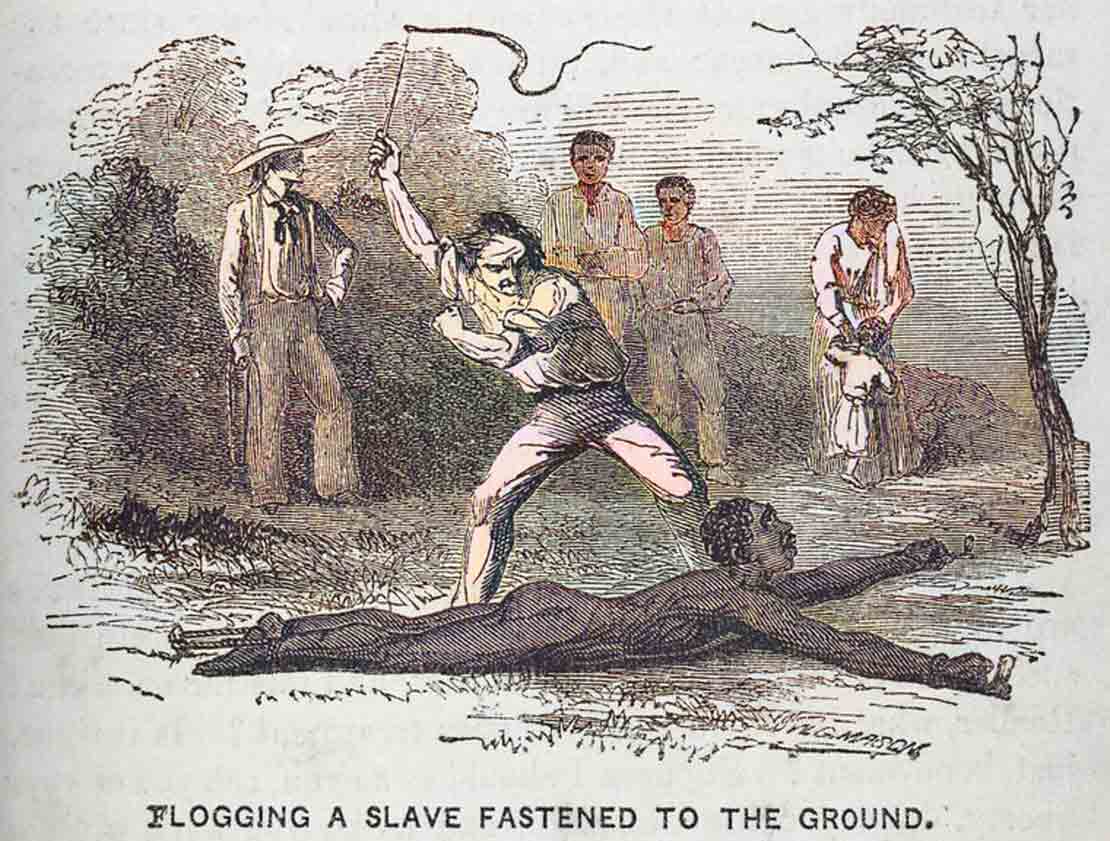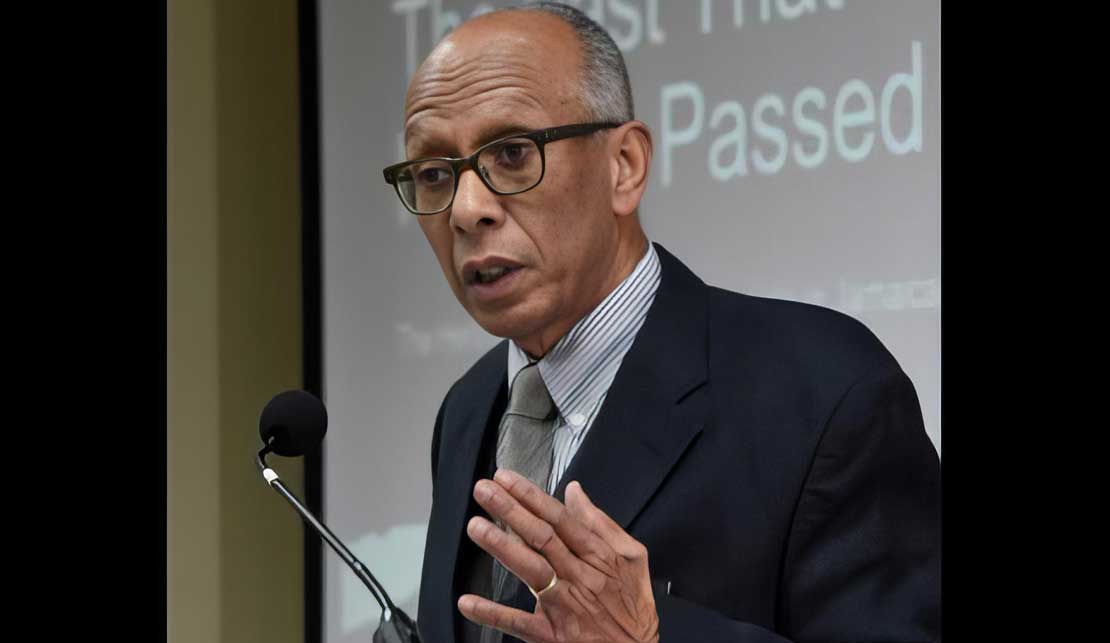JAMAICA | The Jamaican Slave Holocaust: Unveiling the Cruel Legacy of 400 Years

MONTEGO BAY, August 1, 2024 - As Jamaica approaches its 62nd anniversary of political independence from Britain on August 6, 2024, a dark shadow looms over the celebrations - the legacy of the Jamaican Slave Holocaust. This horrific chapter in history, spanning 183 years, rivals the brutality of Hitler's European Holocaust, yet remains largely hidden from global consciousness.
The scars of slavery run deep, etched into the very fabric of Jamaican society. For 400 years, unspeakable acts of cruelty, mass beatings, and countless deaths have reverberated through generations, shaping the nation's social structure in ways that persist to this day.
As we reflect on independence, we must grapple with the stark reality that political freedom means little without addressing the lingering psychological and emotional trauma inflicted by centuries of bondage.
 The Jamaican Slave Holocaust presents a nuanced interpretation of genocide, one that extends beyond direct physical annihilation to encompass the systematic prevention of life itself.
The Jamaican Slave Holocaust presents a nuanced interpretation of genocide, one that extends beyond direct physical annihilation to encompass the systematic prevention of life itself.
British planters in Jamaica employed a sinister strategy of demographic manipulation, preferring male slaves, discouraging female reproduction, and maintaining a relentless cycle of importation and death.
Professor H. Orlando Patterson's chilling analysis brings the scale of this atrocity into sharp focus. He posits that had the enslaved population in Jamaica grown at the same modest rate as in the United States, by 1830, the island would have been home to 5,262,522 people of African descent, with the total population, including freed people of color, reaching approximately 6,090,499.
Instead, the actual number stood at a mere 359,147 survivors in 1830.
The implications are staggering: 5,731,302 Black lives missing from Jamaica in 1830 alone. This wasn't merely "social death" or "ethnocide," as Patterson terms it, but a deliberate "physical mass genocide" inflicted by white planters on the Jamaican slave population.

"Within three months of landing in Jamaica, the deracinated women were subjected to venereal diseases of some kind, passed on by the white farmers."
This sexual violence, coupled with inhumane living conditions, led to high rates of infant mortality and a population unable to sustain itself naturally.
It was a form of genocide that operated not just through direct violence, but through the systematic prevention of life itself - a demographic strategy aimed at cultural genocide and inflicting severe mental harm on the enslaved population.
As we grapple with this painful history, we must ask ourselves: What lessons can we draw from this dark chapter? How can we ensure that such atrocities are never repeated?
- We must never forget. The Jamaican Slave Holocaust, like other genocides throughout history, serves as a stark reminder of the depths of human cruelty when one group dehumanizes another. By keeping this history alive – through education, commemoration, and honest dialogue – we create a bulwark against future atrocities.
- We must recognize the enduring impact. The effects of 183 years of systematic oppression do not disappear overnight. The 62 years since Jamaica's independence have not erased the legacy of deliberate cultural and physical genocide. True healing requires acknowledgment, reparation, and a commitment to addressing the long-term consequences of historical injustices.
- We must remain vigilant. The ideologies that allowed slavery to flourish – racism, economic exploitation, and the dehumanization of the "other" – have not vanished from our world. They merely take on new forms. By studying the mechanisms of past atrocities, we equip ourselves to recognize and resist similar patterns in the present and future.
As Jamaica moves forward, it must do so with a clear-eyed understanding of its past. The nation's resilience in the face of such historical trauma is a testament to the indomitable spirit of its people.
By confronting this painful history head-on, Jamaica can chart a course towards true healing and reconciliation, honoring the memory of those lost to the Slave Holocaust while building a more just and equitable future for all its citizens.
The challenge lies not only in acknowledging these atrocities but in grappling with their incomparable scale of evil. As we reflect on the Jamaican Slave Holocaust, we are compelled to confront the depth and breadth of human suffering it represents.
This grim narrative serves as a powerful reminder of our collective responsibility to remember, learn, and ensure that such horrors are never again repeated in any form, anywhere in the world.
-30-

 En
En  Ar
Ar